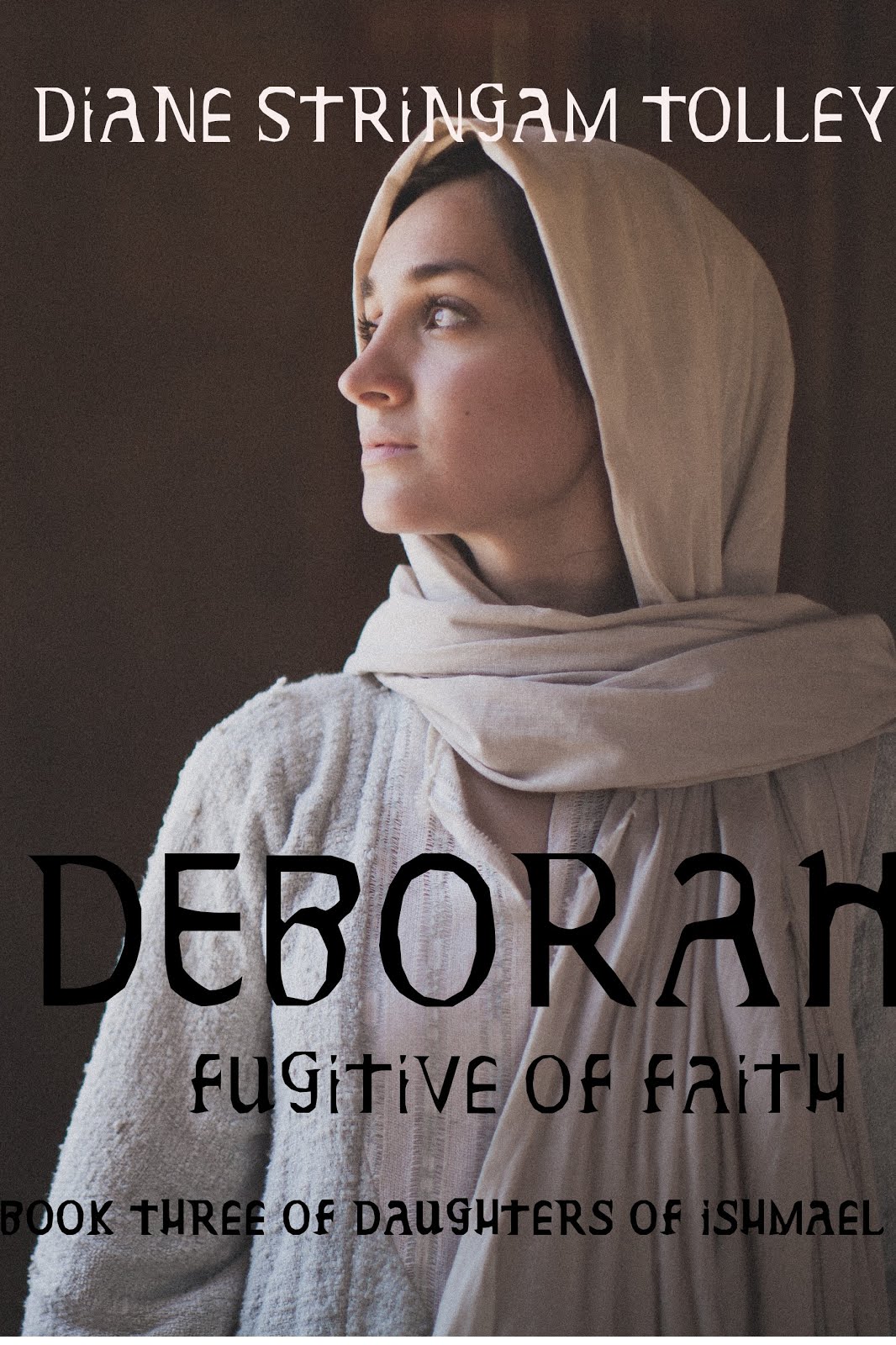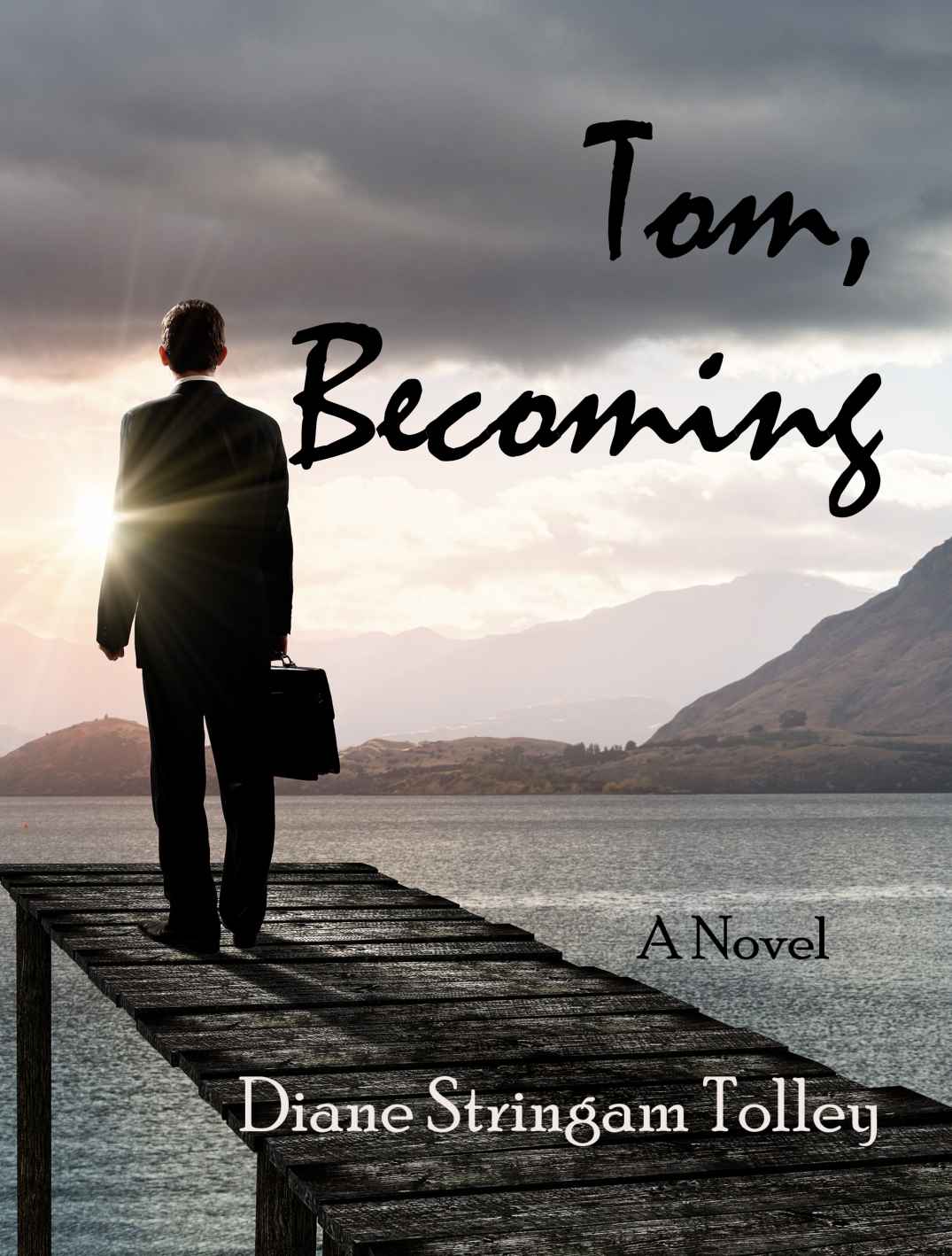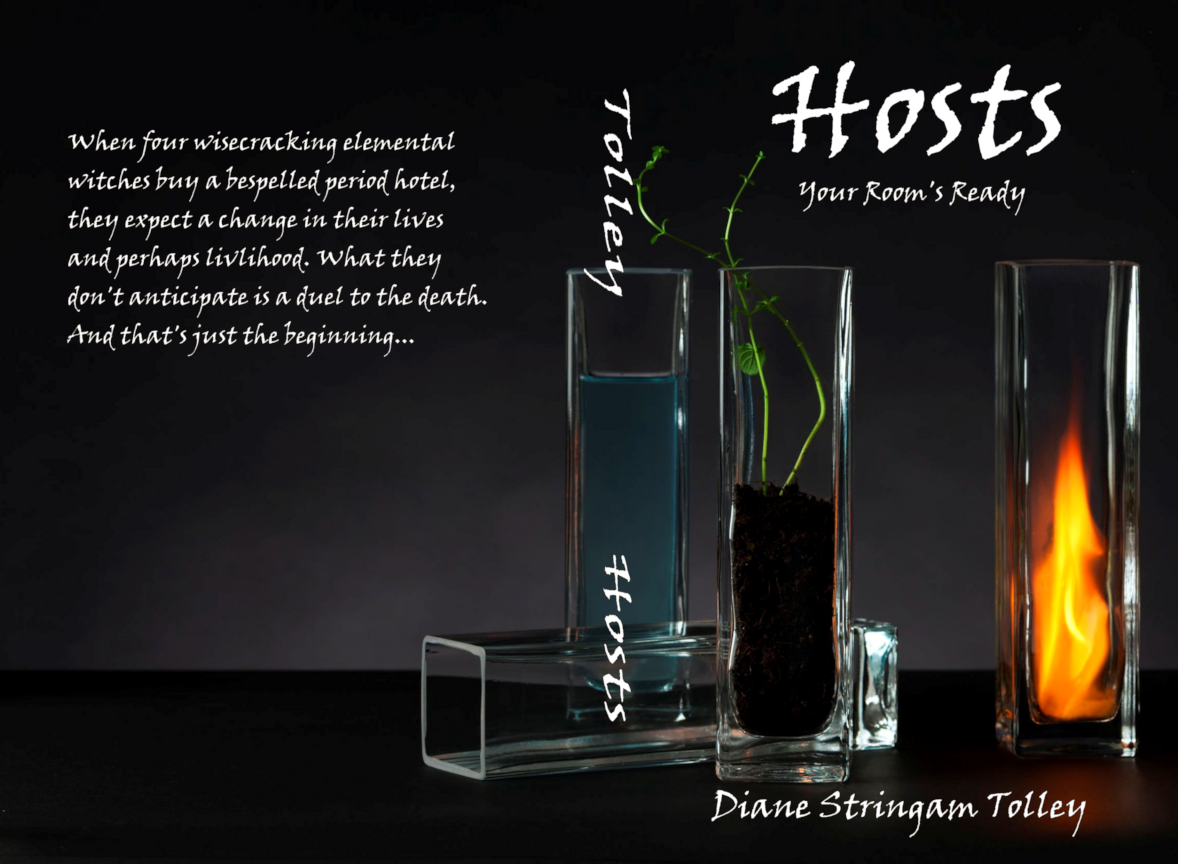My Husby had taken me to see The Hobbit.
Wow.
We both loved it.
It is the story of a small, seemingly unremarkable person.
Who changes the course of his world’s history.
My favourite kind of story.
There is a place in the tale, where the man who was instrumental in starting this small person on his remarkable journey is asked why he did so.
Why did he choose as he did?
His answer?
He had noted that it’s the small things that truly make a difference.
The little, daily acts of kindness that matter.
Those ‘seemingly insignificant’ people whose small efforts effect the biggest changes.
I cried.
Because that is my reaction to everything.
And it got me thinking.
A few years ago, I wrote a novel, Magic. It is the story of one person who lives in a world which thinks that the sad, ill treatment of a particular group of people is, woefully, acceptable.
He stands against this thinking.
Alone, for the most part.
It is a story of courage.
A story of doing what is right, even when everyone around you disagrees.
The abused people in the tale?
They react to their ill treatment with kindness.
Patience.
Even love.
In the ensuing years, I have been invited to visit dozens of schools in my area to discuss the lessons in this book with the children. To deliberate with them whether it’s okay for one group of people to treat another group with disdain.
Indifference.
Even cruelty.
At one point, to put things into their perspective, I have asked them to consider what they would do if a bully pushes them down, bruising and scraping their hands.
Then runs away laughing.
And shortly after falls, breaking his arm.
What would they do?
Every student . . . EVERY STUDENT . . . says immediately, that they would go and help.
I pretend to protest.
“But he has just hurt you! He pushed you down!”
Universally, their answer, “But it’s the right thing to do!”
One young man said, “You don’t want to descend to his level!”
I have learned something amazing.
These smallest, seemingly unremarkable people in our world, are capable of the greatest acts of kindness.
The most forgiveness.
The purest love.
Qualities less seen among the adults. Especially in this present age of political division and differing ideologies.
So when do we lose that ability?
We must have had it.
But somewhere between childhood and growing up, it gets . . . lost.
I know I would think twice before going to help that person who was just mean to me. Or feel sorry for someone who ‘brought it on themselves’.
I think I would do it.
I hope I would.
I hope I would be like the children.
Would you?



































Diane, how sad is it, that I have to take time to think about your question?
ReplyDeleteI am stlii a child ;) But yes I see so many grown ups being afraid to help, being afraid to interfere.
ReplyDeleteI was afraid, I would be like that too, but actually put in the situation, I was not! I interfered, I helped, I did the rigth thing, and I think most of us will anyway - regardless of what we say ...
Thank you for a thought provoking post.
I hope so. I really hope so. But wonder and worry.
ReplyDeleteWith writers and mothers like you on the planet we have to succeed with love and caring. Thanks for this post.
ReplyDeleteSomething we instilled in our children and now see it playing out in their adult life. And the grands are carrying the torch which warms my heart over and over. So many issues you touched on here. Thank you and I am sharing it.
ReplyDeleteHow i do hope we all would.
ReplyDeleteIt appears now that being kind is way down the line. In stead we have 'my way or the highway' thinking.
ReplyDeleteYou learn so much from children. They're so pure, if only we could retain that as adults.
ReplyDeleteLet's hope more people choose kindness especially now.
ReplyDelete